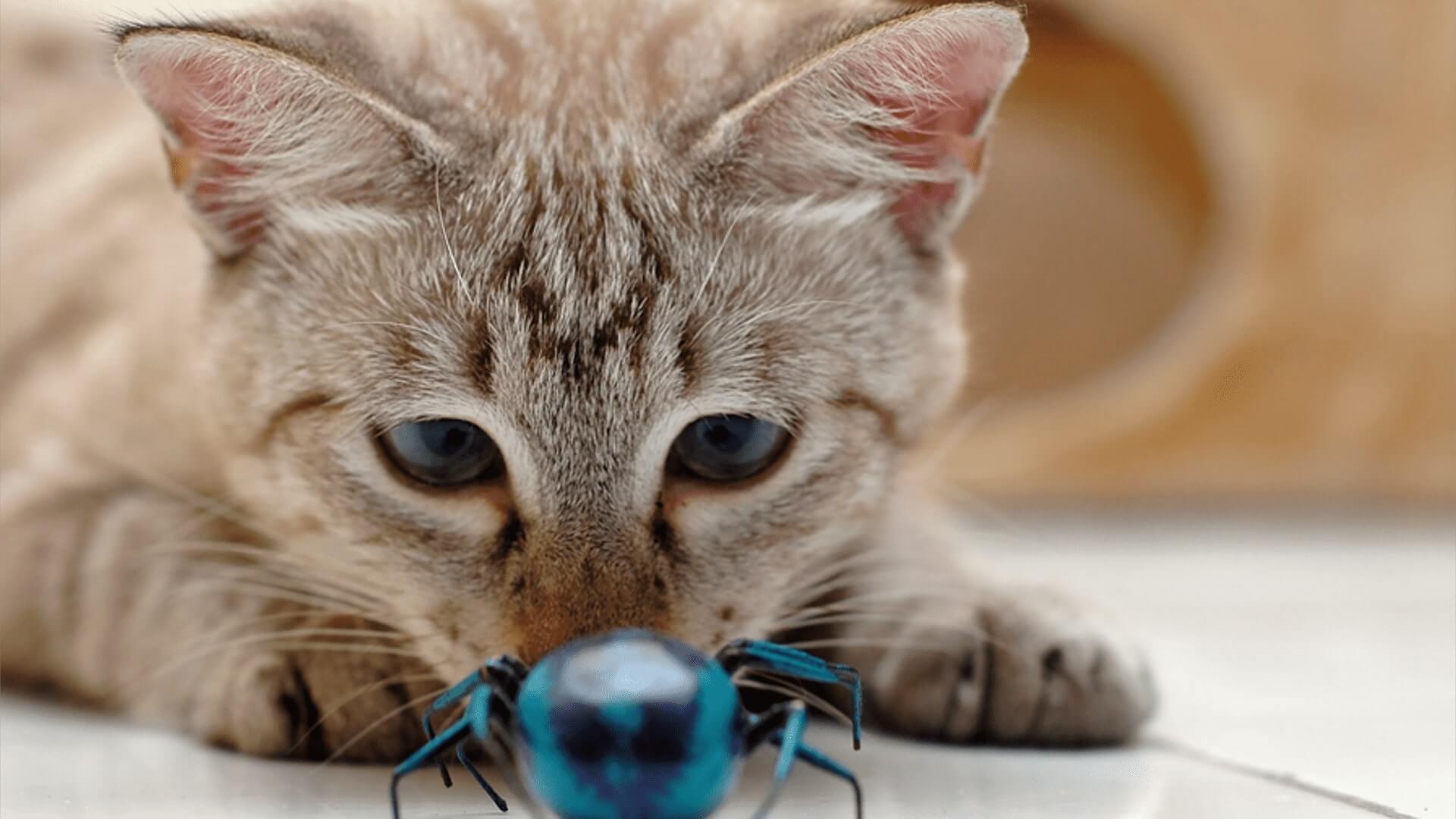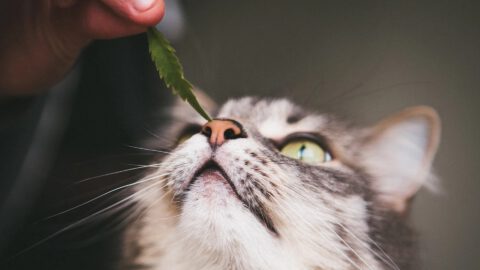Last Updated on March 24, 2020
Cats are instinctive hunters and will always be keen on catching and playing with anything that is small and moves. While most cats will not ingest insects, some will. It is important to know that some common household pests are known for transferring parasites and it is a good idea for your cat not to be playing with them or eating them. Here are 5 common household insects that could be carrying parasites that can infect your cat.
Grasshoppers
While grasshoppers primarily feast on vegetation, it is not unheard of that they will eat the dead bodies of other grasshoppers or other insects. They are not as likely to carry parasites as some other bugs, but there is still a chance for it.
Crickets
Crickets are known for carrying E.coli and salmonella. While salmonella poisoning is rare in cats, E. coli can pose a threat to kittens, senior cats, and cats with weakened immune systems such as those with FIV. Crickets can also be a host body for several other parasites, some of which can infect your kitty.
Stink Bugs
While it is not common for cats to eat them, dogs don’t seem as bothered by the flavor or smell. Stink bugs can carry several different types of bacteria and bacteria that can cross-contaminate plants as well as infect a pet who decides to eat one. Do not confuse stink bugs with the kissing bug, those are extremely dangerous to cats.
House Flies
If you have flies in your home, it is a good idea to get rid of them yourself and not let your cat play with them. Because of a fly’s diet, they can easily spread parasites from one animal’s feces to your cat. Thankfully, flies do not have a long life span but it is still not worth risking.
Cockroaches
These dirty bugs are known for being hosts to several different strains of bacteria, protozoa, amoebae, fungi, and other microbial material. Commonly found living inside of a roach is the horsehair worm which can cause temporary digestive issues for cats. They also have a very hard exoskeleton which can act like pieces of glass in your cat’s mouth or throat. If you do have them in your home, use caution with any kind of pesticides as they can also be transferred to your cat if digested.




